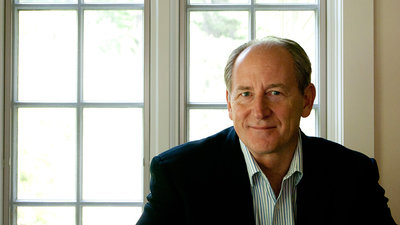
When we heard Christian Appy talk about his new book at a Morse Center event on the UO campus last month, we knew American Reckoning was a must read for more understanding of the “Vietnam War and Our National Identity,” as he subtitles it. Appy is a professor of history at the University of Massachusetts Amherst and the author of two previous books on the Vietnam War.
He weaves pop culture into history from the Cold War up to the global War on Terror. President Eisenhower’s role was new to us, probably a part of the experience that provoked his famous prophetic warning against the military-industrial complex. In reading Appy, it was difficult to accept Sen. Wayne Morse’s oft-repeated prediction that John Kennedy, had he lived, would have ended the Vietnam War. Maybe, but unlikely.
Appy also does away with the myth, expressed recently in interviews in our local daily newspaper, that we would have won that war if “they” would have let us. We were beaten, but that does not detract from the incredible bravery of the men and women who fought and died in the jungles of Southeast Asia.
His chapters on Vietnam’s impact on our national identity are not as tight as the earlier history of the war. This is harder for a historian, but here’s an important excerpt:
“Since the height of the Vietnam War many Americans have challenged the idea that their nation has the right or capacity to assert global dominance. Indeed, the public is consistently more opposed to war than its government. Yet there remains a profound disconnect between the ideals and priorities of the public and the reality of a permanent war machine that no one in power seems able or willing to challenge or constrain.”